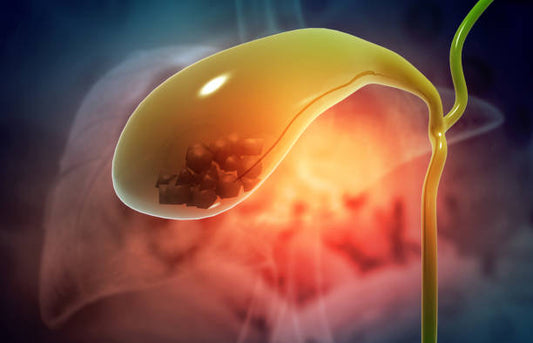Ketoconazole is an antifungal medication that belongs to the class of drugs known as azole antifungals. It is primarily used to treat fungal infections by inhibiting the growth of the fungi responsible for the infection. Below is comprehensive information on ketoconazole, including its usage, benefits, and potential side effects:
Medical Usage:
Ketoconazole is used for the treatment of various fungal infections, including:
1. Skin Infections: It can be applied topically in the form of creams, lotions, or shampoos to treat fungal skin infections like athlete's foot, ringworm, and jock itch.2. Systemic Infections: In some cases, ketoconazole may be prescribed orally to treat more severe fungal infections, such as fungal meningitis and certain systemic yeast infections.
3. Fungal Infections of the Scalp: Ketoconazole shampoo is commonly used to treat conditions like dandruff and seborrheic dermatitis, which is characterized by an itchy, flaky scalp.
Benefits:
1. Effective Antifungal: Ketoconazole is effective against a wide range of fungal infections, providing relief from symptoms and helping to eliminate the underlying infection.2. Dandruff Control: Ketoconazole shampoo can effectively control dandruff by targeting the yeast responsible for its development.
3. Hair Loss Treatment: Some ketoconazole shampoos are also used off-label to promote hair growth, particularly for conditions like androgenetic alopecia (male pattern baldness).
Side Effects:
Ketoconazole can have side effects, including but not limited to:
- Skin irritation, burning, or itching (topical use)
- Dry or oily scalp (shampoo)
- Nausea
- Vomiting
- Abdominal pain
- Diarrhea
- Headache
- Changes in taste
- Elevated liver enzymes (in rare cases)
Some individuals may experience more severe side effects, such as allergic reactions, liver problems, and severe skin reactions. If you notice any unusual or severe side effects, consult a healthcare provider.
Precautions and Warnings:
* Follow the healthcare provider's instructions for using ketoconazole, whether applied topically or taken orally.* If you experience signs of an allergic reaction, such as rash, itching, swelling, severe dizziness, or trouble breathing, seek immediate medical attention.
* Oral ketoconazole may interact with certain medications, so inform your healthcare provider of all the drugs you are taking.
* Topical ketoconazole should not be ingested or applied to the eyes, mouth, or genitals.
* Pregnant or breastfeeding women should use ketoconazole with caution and under medical supervision.
Conclusion:
Ketoconazole is an effective antifungal medication used to treat a variety of fungal infections, including skin conditions, scalp issues, and more severe systemic infections. Its usage should be guided by a healthcare provider, and any concerns or unusual side effects should be discussed with them. Adherence to the prescribed dosage and treatment regimen is essential for effective treatment and management of fungal infections.
Author: Nikita Vishnoi BCA












